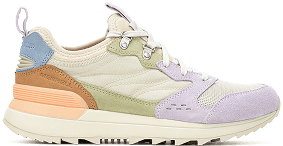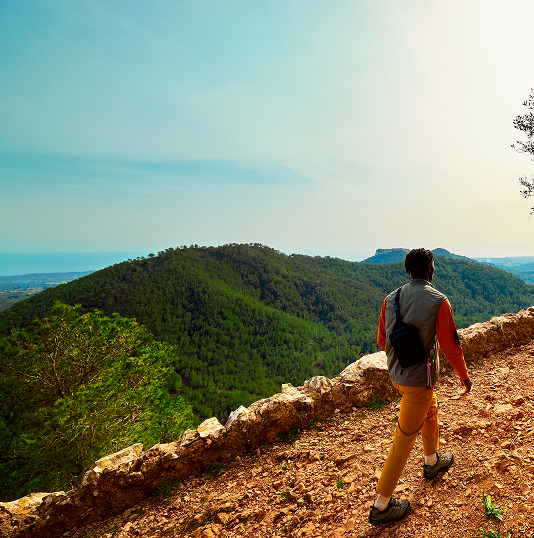Summer Sale

Up to 50% off
select hike,
sandals
+ more
Shop Now



Click offer codes below to apply in checkout. Tap offer codes below to apply in checkout.
There are no promotions running at this time. There are no promotions running at this time.
15% OFF YOUR FULL-PRICE ORDER: Get 15% off your full-price order at Merrell.com. To redeem, use code Welcome15 at checkout. Code is one-time use only. Not valid on sale styles, ProDeal purchases, prior purchases, gift cards or e-cards or purchases from retail stores or other websites. Cannot be combined with any other coupon or discount. Additional restrictions may apply.

Sign up for first access to new releases, trail tips and more.



Select Afterpay at checkout to split your purchase into 4 interest-free payments!
